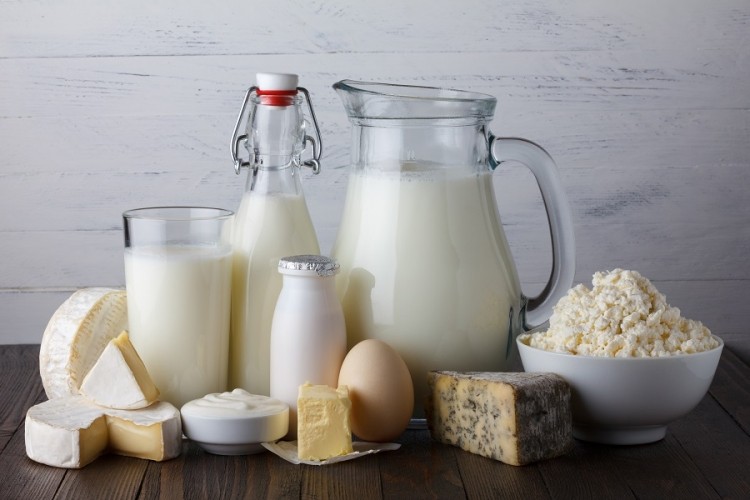Mondelez, Saputo defend sustainability practices after Greenpeace link to deforestation

An investigation by Greenpeace Unearthed, in collaboration with the Bureau of Investigative Journalism and ITV News, claimed a group of farms supplying to UK manufacturers – including Cadbury and Cathedral City – sourced some of their animal feed from companies buying Brazilian soya exported by US grain giant Cargil.
According to Greenpeace, Grupo Scheffer – one of Cargill’s Brazilian suppliers – has been responsible for multiple incidents of environmental damage, including clearing swathes of tropical forest.
Responding to the report, a spokesman for Cadbury owner Mondelez said eliminating deforestation was critical to protecting the local ecosystems that farmers need to produce sustainable raw materials.
Calls for Government action
“That is why we’re working with manufacturers to promote sustainable business practices and have collectively urged the UK Government to legislate for mandatory reporting across the whole supply chain, so we can source deforestation-free commodities such as soy,” they added.
“As part of our commitment to tackling deforestation, we have made it clear that we expect all our UK diary suppliers to work with us and contractually commit to ensuring they are sourcing 100% deforestation free feed by 2023.”
Cathedral City owner Saputo said that from early 2022, its Davidstow Farm Standards would mandate that all farms which supply to Saputo Dairy UK’s Davidstow creamery must source feed from suppliers with a sustainable soy purchasing policy.
“For the two years prior to the introduction of this new policy, we have purchased RTRS soy credits, the proceeds of which are utilised by the RTRS to support producers that cultivate soy in a responsible way,” said a spokesman for the business.
Transforming the industry
“As part of our commitment to source 100% of our principal ingredients sustainably, we will continue to engage with farmers to strive to transform the industry towards more sustainable practices.
While Cargill’s sustainable soya certification has been promoted as an environmentally-friendly option, Greenpeace called into question the validity of these claims.
The group claimed it allowed deforestation-free soya to be mixed with beans from non-certified sources, which may include farms involved in forest destruction.
A Cargill spokesperson said: “Cargill has worked relentlessly to build a more sustainable soya supply chain, helping to address the urgent challenge of protecting native forests and vegetation, while supporting farmers and their communities.”







